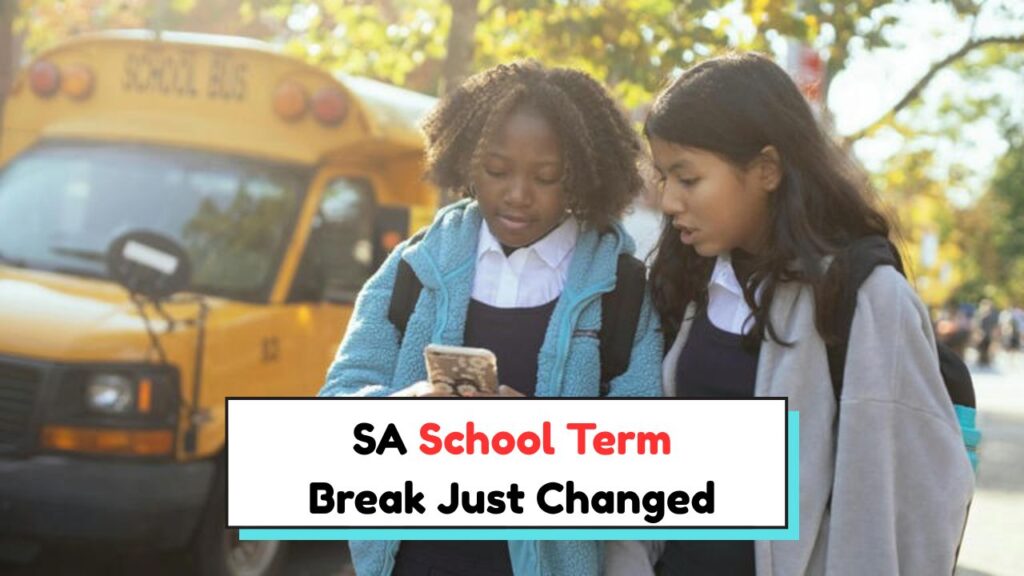Students Celebrate: In a delightful twist for many learners across South Africa, the education authorities have officially extended the school break in September, bringing cheers and relief to students from all corners of the country. This decision, outlined in the newly released academic calendar, has been welcomed with open arms by students and parents alike. The extended break is seen as an opportunity for students to relax, rejuvenate, and spend quality time with family, which has become increasingly important in today’s fast-paced world. The move is also expected to have positive implications for local tourism as families may opt for short getaways to explore the rich landscapes and vibrant cultures within the country.

Benefits of the Extended September Break for Students
The extended break in September comes with a plethora of benefits for students. Firstly, it provides a much-needed pause in the academic year, allowing learners to recharge their mental batteries. In the current educational climate, where stress and burnout are common among students, such breaks are crucial for maintaining mental health. Furthermore, this break offers students the opportunity to catch up on any missed work or engage in educational activities outside the traditional classroom setting. For many, it is a chance to delve into hobbies and interests that might be sidelined during the busy school term. Additionally, educators believe that students returning from a well-spent break are often more focused and productive, which can positively influence their academic performance for the remainder of the year.
Impact on Families and Local Communities
Beyond the immediate benefits to students, the extended September break also has significant implications for families and local communities. Families can plan trips and outings that might have been difficult during shorter breaks, thus strengthening family bonds. This period is a great time for family reunions and gatherings, which are a cherished part of South African culture. Moreover, the extension of school holidays is anticipated to boost local economies. With more families traveling locally, there is likely to be an increase in demand for hospitality services, including accommodation, restaurants, and tourist attractions. Small businesses, in particular, stand to benefit from the influx of domestic tourists, which could contribute to economic growth in various regions. The ripple effect of this extended break can thus be seen in both personal and economic spheres, highlighting its multifaceted advantages.
Educational Adjustments for the Extended Break
With the announcement of the extended break, educational institutions need to make certain adjustments to ensure that the academic curriculum is effectively covered. Schools are expected to restructure their timetables to accommodate the additional days off without compromising on educational standards. This might include a more intensive schedule during term time or innovative learning strategies to cover the syllabus efficiently. Teachers play a pivotal role in this transition and are encouraged to incorporate creative teaching methods to keep students engaged. Furthermore, schools could use this time to promote independent learning and the use of online resources, preparing students for a more self-directed approach to education. These adjustments, while challenging, are necessary to balance the benefits of the extended break with the academic needs of students.
Looking Forward: Future Implications of the Calendar Change
The decision to extend the September break could have long-term implications for how academic calendars are structured in the future. If successful, this could set a precedent for other breaks or even influence the scheduling of the entire academic year. Education authorities might consider feedback from this trial period to make informed decisions about future calendars, potentially leading to more flexible academic schedules that prioritize student well-being. Additionally, such changes could inspire other countries to reevaluate their own academic calendars, especially in regions where student stress is a growing concern. As South Africa embraces this change, it signals a shift towards a more holistic approach to education that values mental health and family time as integral components of the learning experience.




